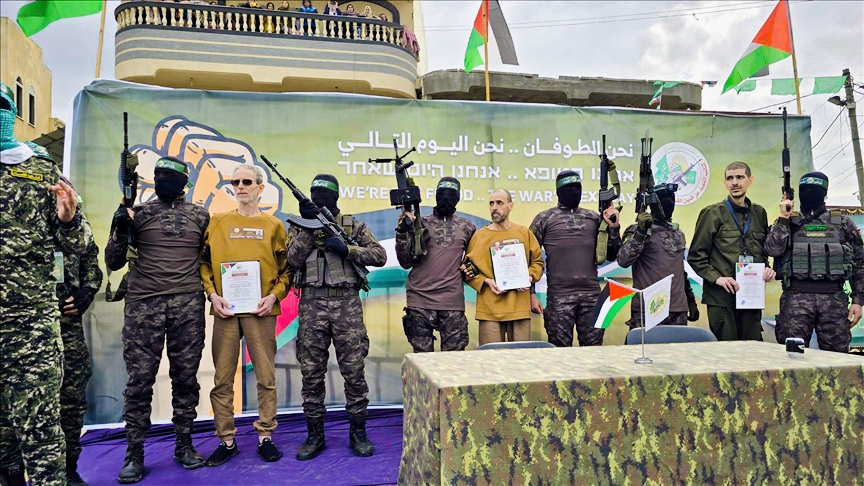Israeli media sources reported that consultations began yesterday, Friday, to coordinate the date and place for the resumption of negotiations for a prisoner exchange deal between Hamas and Palestinian factions on one side, and Israel on the other, amid estimates of a new round of negotiations being launched in the coming days.
Channel 12 reported, citing sources it described as "informed" without revealing their identities, that regional and international mediators have intensified their communications with both sides to determine the necessary arrangements for the start of a new round of talks, at a time when the location for the negotiations has not yet been announced.
According to the channel, the Israeli delegation that managed the previous round of negotiations in the Qatari capital Doha will also lead the upcoming round, with expectations that it will take place in a new location that has not yet been disclosed.
This political move comes amid increasing pressure from the families of Israeli prisoners held by Hamas, who are demanding that Benjamin Netanyahu's government act swiftly to finalize a deal that guarantees the release of their sons.
In response, Netanyahu issued instructions on Thursday to begin immediate negotiations for the release of the prisoners, alongside the implementation of a large-scale military plan to control what remains of the Gaza Strip.
Netanyahu's position indicates a tendency to agree to a deal under new conditions, while mediators await an official response from Tel Aviv to a proposal made by the United States that Hamas recently accepted, which largely aligns with what Israel had previously shown willingness to accept.
According to Israeli estimates, Hamas is holding about 50 prisoners, including 20 individuals who are alive.
As for the details of the American proposal, it includes:
_ A temporary ceasefire for 60 days.
_ The execution of the exchange deal in two phases, starting with the release of 10 living Israeli prisoners and 18 corpses in exchange for a number of Palestinian prisoners.
_ A partial redeployment of Israeli forces near the border to facilitate the entry of humanitarian aid.
_ Starting discussions on arrangements for a permanent ceasefire from the first day of implementing the deal.
Despite these political moves, Israel continues to prepare for a comprehensive military operation inside the Gaza Strip, starting in Gaza City, where it plans to encircle it and displace its residents, estimated at one million, in preparation for conducting ground incursions into neighborhoods, before heading towards refugee camps in the central sector.
These developments come as Gaza is experiencing a catastrophic humanitarian situation, with the famine affecting the region classified as the first officially recognized famine outside the African continent, increasing international pressure on the parties to the conflict to reach a ceasefire and end the escalating humanitarian crisis.

